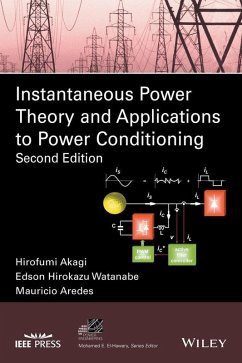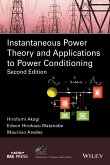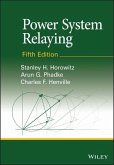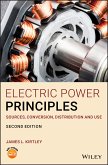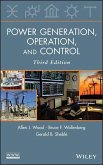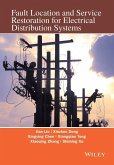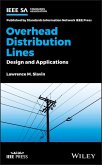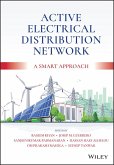This book covers instantaneous power theory as well as the importance of design of shunt, series, and combined shunt-series power active filters and hybrid passive-active power filters * Illustrates pioneering applications of the p-q theory to power conditioning, which highlights distinct differences from conventional theories * Explores p-q-r theory to give a new method of analyzing the different powers in a three-phase circuit * Provides exercises at the end of many chapters that are unique to the second edition
Dieser Download kann aus rechtlichen Gründen nur mit Rechnungsadresse in A, B, BG, CY, CZ, D, DK, EW, E, FIN, F, GR, HR, H, IRL, I, LT, L, LR, M, NL, PL, P, R, S, SLO, SK ausgeliefert werden.

